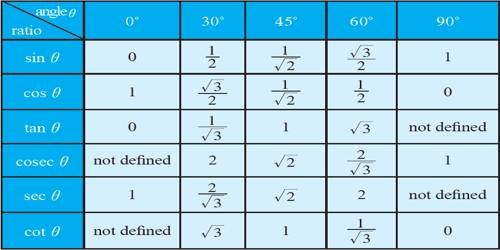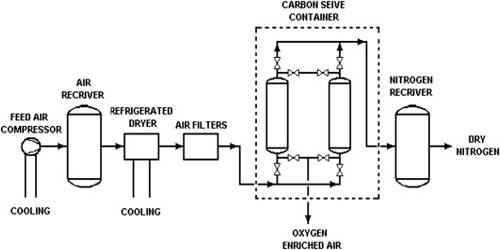In an experiment, researchers observed parents and children together and then informed the parents that, based on their observation, their child was healthy and well-adjusted and that they were a very effective parent (specifically, scoring in the top 20% of parents). This was done regardless of what the researchers had actually seen. The parent’s and the child’s conduct changed immediately and favorably as a result of this one incidence of positive reinforcement.
The women who received this encouraging feedback in particular had improved emotional responsiveness, more pleasant feelings in their interactions with the children, less irritation with the children, and greater support for the children. In other words, merely having faith in your parenting skills makes you a better parent.
It’s interesting to note that the kids whose parents received good comments also interacted with their parents with more pleasant emotions (smiled and laughed more), less irritation, and more excitement and persistence in play.
Given that the researchers didn’t speak to the kids directly, these results are rather unexpected. This shows that having more faith in your capacity to raise your child can also benefit them.
An effective parent is someone who nurtures and supports the holistic development of their child, creating a positive and loving environment that promotes physical, emotional, cognitive, and social growth.
According to research, it’s also more likely that you’ll use poor parenting techniques like harsh punishments and manipulation to try to manage your child if you don’t have confidence in your abilities as a parent.
So, since you likely don’t have researchers available to regularly remind you that you are an effective parent, how exactly do you increase your confidence as a parent?
- Make a list of everything you do “right” as a parent (such as telling your child you love them, remembering to make pediatrician appointments, listening to them when they are upset, reading them books most nights, etc.).
- Tell yourself every day that you are the expert on your child and the best parent for your child. Remind yourself that no one else understands your child’s individual needs as well as you do. Your child doesn’t need a perfect parent; they only need you.
- Avoid comparing yourself to other parents (particularly through the “highlight reel” that is social media). Remember that all parents struggle and make mistakes. Parenting is universally difficult.
- Ask family and friends to help you by identifying some of your strengths as a parent. If you and your co-parenting partner are working on a plan, talk about how often you will give each other constructive criticism.
- Think about what you would say to a friend if they were in the same circumstances if you are feeling guilty about not being a “good enough” parent or are criticizing yourself for a parenting error that you made. Now give yourself the same grace that you would give a friend.
Remember, there is no one-size-fits-all approach to parenting, as every child is different. Effective parenting involves a combination of these principles while remaining attuned to your child’s specific needs and personality. It’s an ongoing journey that requires patience, understanding, and continuous learning.
















